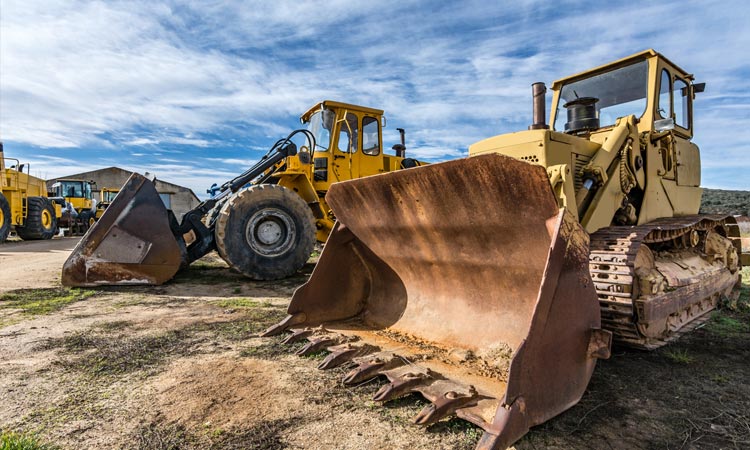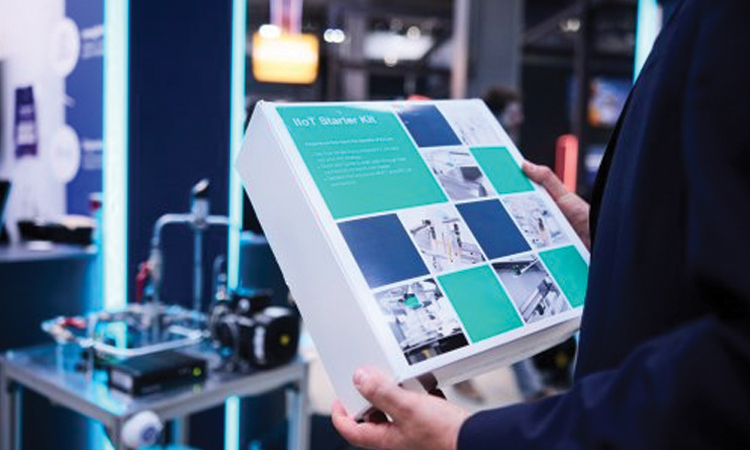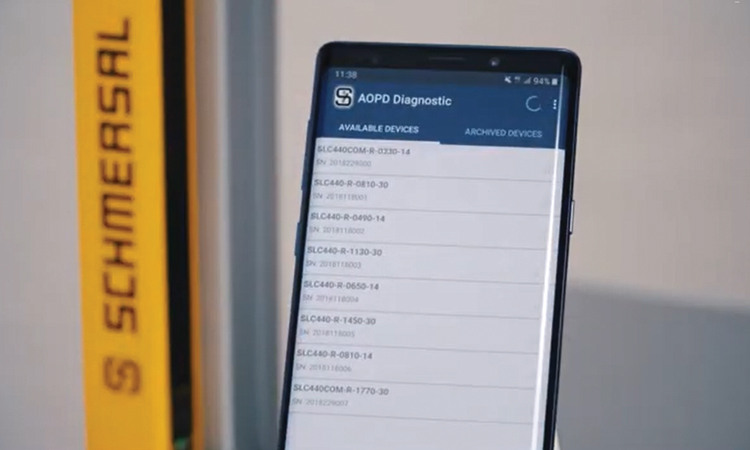The Industrial Internet of Things (IIoT) relies on comprehensive sensor and process…

The Benefits of Polyurethane in Today’s Machinery Industry | Engineering Review
Machinery applications account for more than 6% of total U.S. polyurethanes consumption. That might not seem like a ton, but they’re a fast-growing part of demand in the industry..
In the industrial machinery arena, polyurethane is used to create strong and lasting parts such as belts, rollers, and gaskets. It’s also used as a sealant and protective coating. Polyurethanes are used to fabricate belting rollers, tubes, bearings, and other mechanical components as well.
The versatility of polyurethane makes it a great solution for challenging, unique, or extreme working conditions. It can endure temperatures up to 250ºF, mold hard or soft as needed,, and match the exact specs of any required shape.
Aside from these few benefits, what makes this product so useful? Let’s dive into a few features of polyurethane that make it a unique solution for machine applications.
The Benefits of Polyurethane in Today’s Machinery Industry
Abrasion & Tear Resistant
Polyurethane’s incredible durability makes it a useful resource in the machinery industry. It can take severe wear and tear, and does not melt away in high temperatures. In fact, polyurethane is the number one material choice in industrial parts—it’s ten times more durable than other common alternatives like rubber, silicone, or plastic.
In older machines, the majority of the internal and external parts are made of metal, so the parts constantly rub against each other. Over time, the parts will start breaking down. By utilizing polyurethane as a buffer between the metal surfaces, the machine can last longer—and cause fewer headaches for the operator as well.
Plus, by saving your machine parts, you’ll save money.
Noise Reduction
When wheels, belts, or other parts are continually turning, loud noises or squeaky sounds can grate on both employees and the surrounding residents of the construction site. This can also be the case in manufacturing facilities where multiple machines are working 10+ hours a day. Polyurethane significantly reduces noise in all moving parts.
High Load-bearing Capacity
Polyurethane is a great option when used for wheels, and extremely beneficial for heavy machinery.
As an example: in the construction industry, some machines weigh upwards of 84,000 pounds—then, they’re used to hold, lift, and move thousands of pounds of material on top of that. It is crucial for these machines to rest on durable, resilient wheels. Aside from the sheer amount of weight these machines hold, they also move back and forth on rocky foundations, where wood pieces, nails, and other debris are out in the open. They can easily puncture ordinary wheels.
Water and Oil Resistant
No matter the industry, it’s inevitable that machines get exposed to oil. It’s important to use parts in those machines that can withstand prolonged contact with it. Polyurethane can maintain its properties with minimal swelling in these conditions.
Customizable
One of the best features of polyurethane is its degree of customization. When working with a polyurethane manufacturer, you can make parts, products, and molds to fit your exact specifications.
Here are some common customization options:
- Color
- Tear strength
- Modulus of elasticity
- Chemical resistance
- Tensile strength
- Heat resistance
- Hardness
This is only a short list of the options available when fabricating a polyurethane part. The polymer has a unique capability to take whatever form you need.. In short: if you can think it up, it can be made.
Holds Up Against Corrosion
Corrosion is one of the major factors that causes breakdown of machinery components.
As touched on previously, polyurethane is resistant to water, oil, and other liquids. As a result, it also holds up well against corrosion.
In liquid form, polyurethane is used as a coating to protect machine parts—both internally and externally—from the natural elements (mainly water). When polyurethane is used this way, it not only holds up against corrosion, but also helps the machine hold up against higher temperatures and abrasion.
Cable Coatings
Polyurethane is a surprisingly popular option as a cable coating for a few reasons. It resists electric shocks, it’s water-resistant (in case your machine is sitting outside on a rainy day), and it holds up against corrosion. This is also a useful option in the marine industry, where water and electricity are ever-present.
Polyurethane: The Perfect Resource for Today’s Machinery
As you can tell, polyurethane is an incredible resource for today’s machinery industry. It’s hardy, versatile, and fully customizable. Polyurethane’s common alternatives—namely, rubber and silicone—can’t compete with its unique properties. For more details visit: https://goturethane.com/
Article by
– Adrian Brito, TPC









